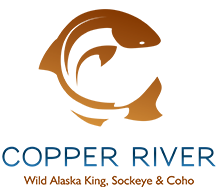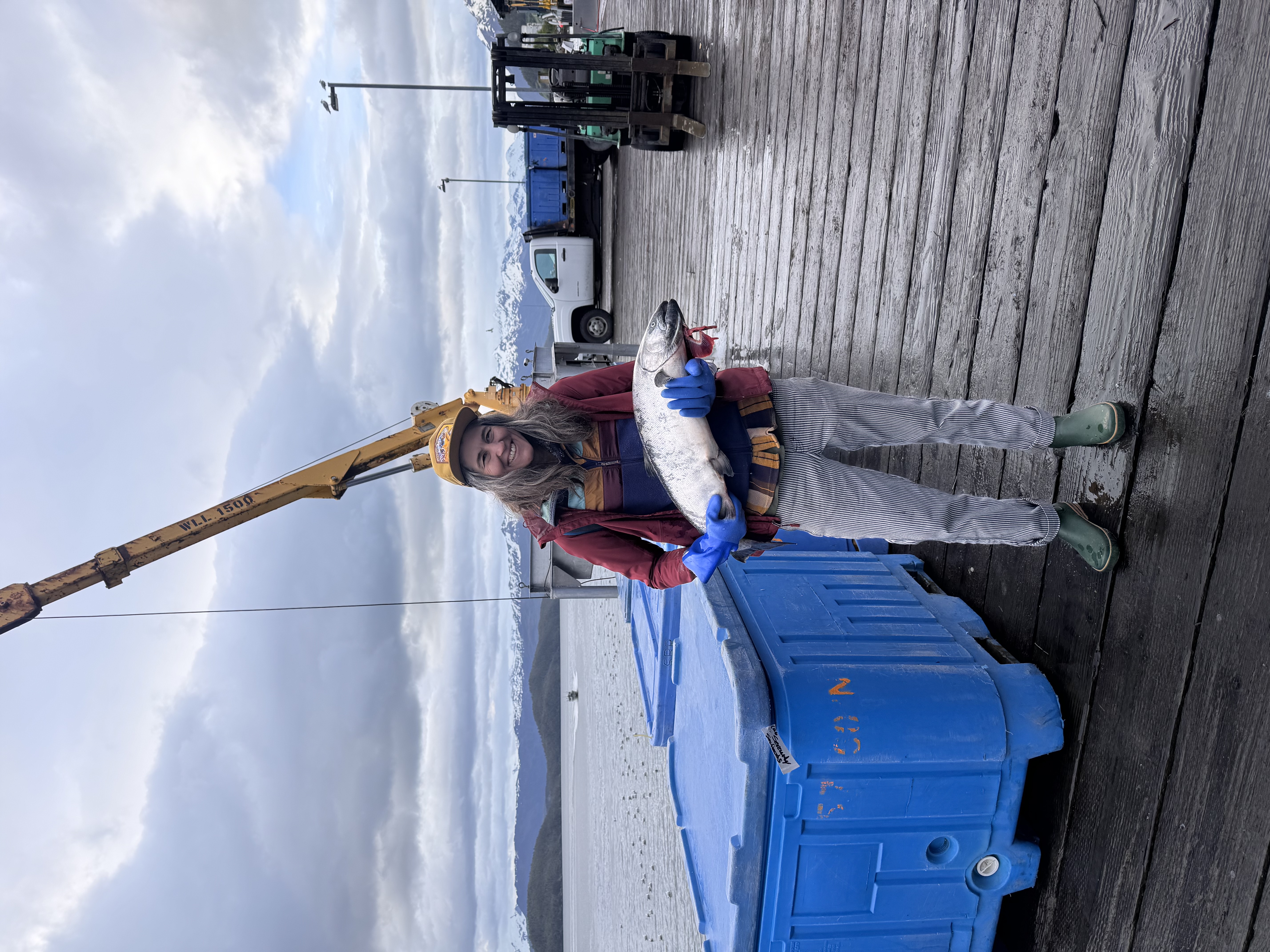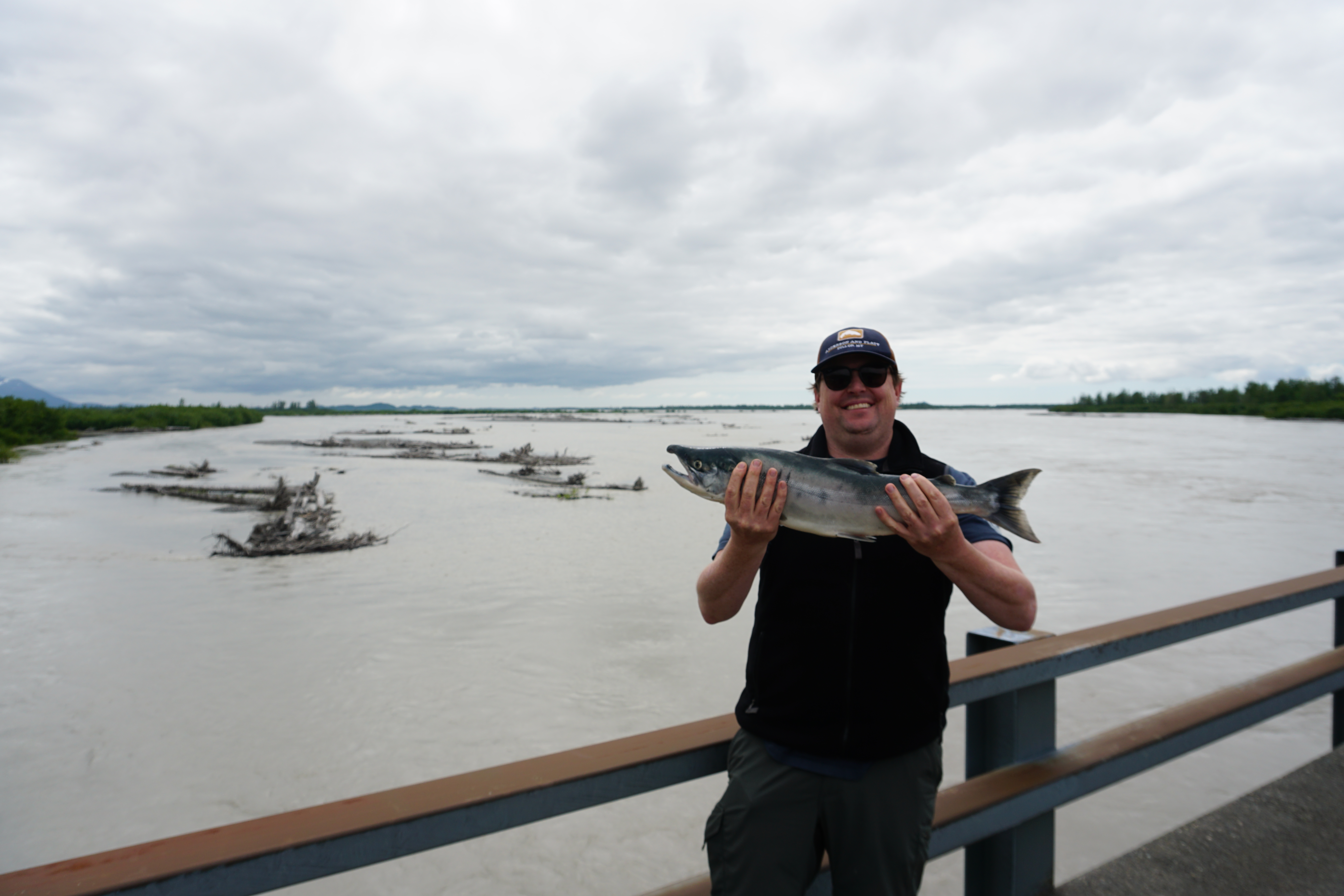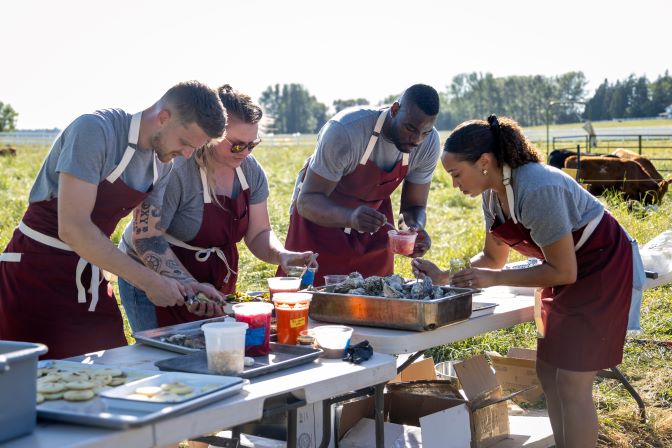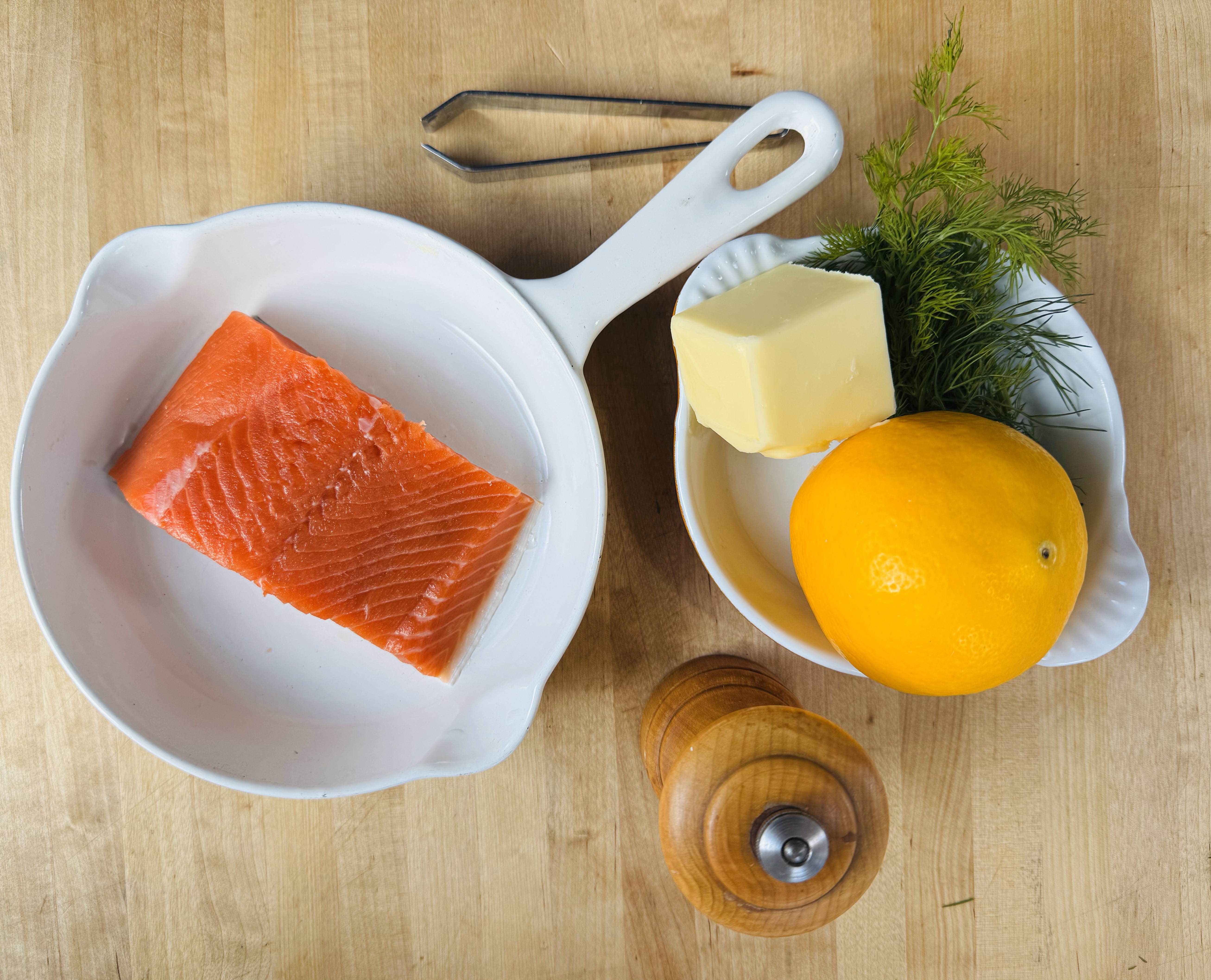By using our website, you agree to the use of cookies as described in our Cookie Policy
Meet Chef Dana Spandet
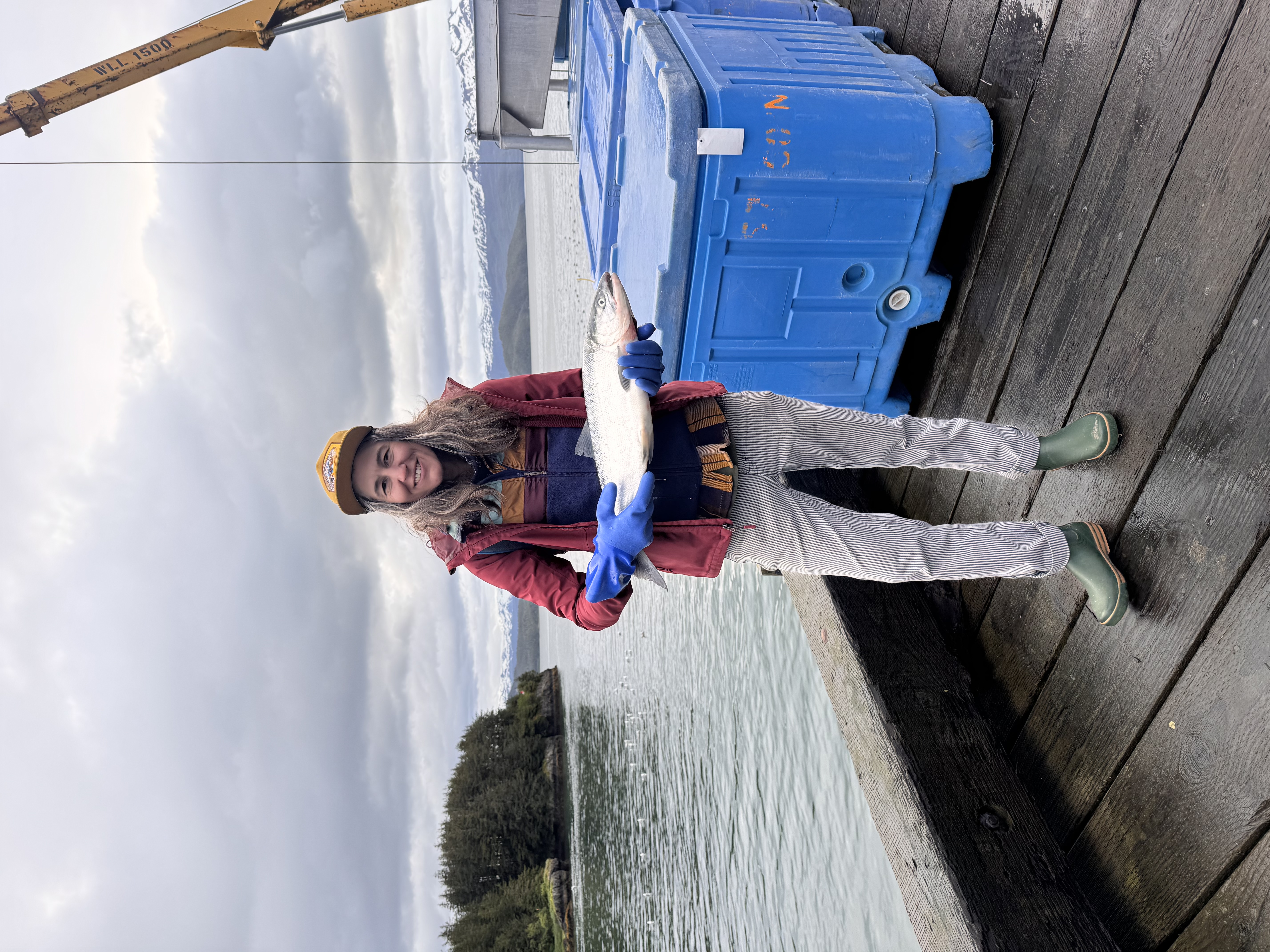
Meet the Pizza Virtuoso Bringing a Slice of Milwaukee Charm to Alaska's Wild Coast
There's a particular alchemy to running a beloved local institution—a blend of passion, skill, and unmistakable personality that defines its success. Dana Spandet, the co-owner and driving force behind Milwaukee's acclaimed Flour Girl and Flame, embodies this perfectly, and we were delighted to welcome her to our homeport of Cordova, Alaska, for the 2025 Summer Salmon Camp tour.
It's this very passion that fuels her mission-driven business, which is proudly women-owned and part of the LGBTQ+ community. With a goal to foster a sense of inclusion, Dana actively supports women growers, LGBTQ+ producers, and farmers of color, embedding her values into every aspect of her work. This commitment to community shines through as Flour Girl and Flame is endlessly hosting events all over the greater Milwaukee area.
From their custom-built, mobile wood-fired oven, they offer a portable taste of Wisconsin, creating the beloved pastime of enjoying good company and nature with farm-fresh food. Dana has mastered the art of authentic, wood-fired pizza, crafting what she aptly calls "pizza with personality," alongside a menu of gourmet burgers and salads that highlight local ingredients. Her time in Cordova left a lasting impression, and we're already exploring ideas for our next collaboration. We're confident that any project with Dana will carry the same hallmarks: a focus on exceptional local food, genuine community connection, and the engaging energy she brought to the tour. We are eager to see what we build together.
Catching up with Dana just weeks after her Copper River retreat, she was already deep into the rhythm of Milwaukee's summer season. I was grateful she made time amidst a whirlwind of captivating local events. Our discussion, distilled, follows.
JJ: What is your relationship with salmon?
Dana: My relationship with salmon goes back so far-it's the one fish that my parents stuck with. My mom went to tilapia for a hot second in the 90's, and then just straight back to salmon. My cousin Nic owned Sitka Salmon for a long time, so eating salmon was aways a big important thing for our family. Twenty years ago, my family took a trip to the San Juan Islands in Washington and I remember cooking salmon on boards out there--it's just kind of the way it's always been for us. With Nic, we would see all his runs between Illinois and Alaska, but we didn't get the spirit behind it. Ever. And Copper River gave us that spirit of the salmon and what's behind it. With my business, we only work with farmers whose names we know--we know their families, we know the land, and where the food is coming from. There has been a big disconnect from that since Covid, and this felt like it brought it all back full circle back to me as we are seeing these mountainous lands and vast oceans and river streams. The love and the work and the hands behind it--wow. It's incredible seeing the community behind this simple fish that is really anything but simple. Sorry what was the question? [both laugh]
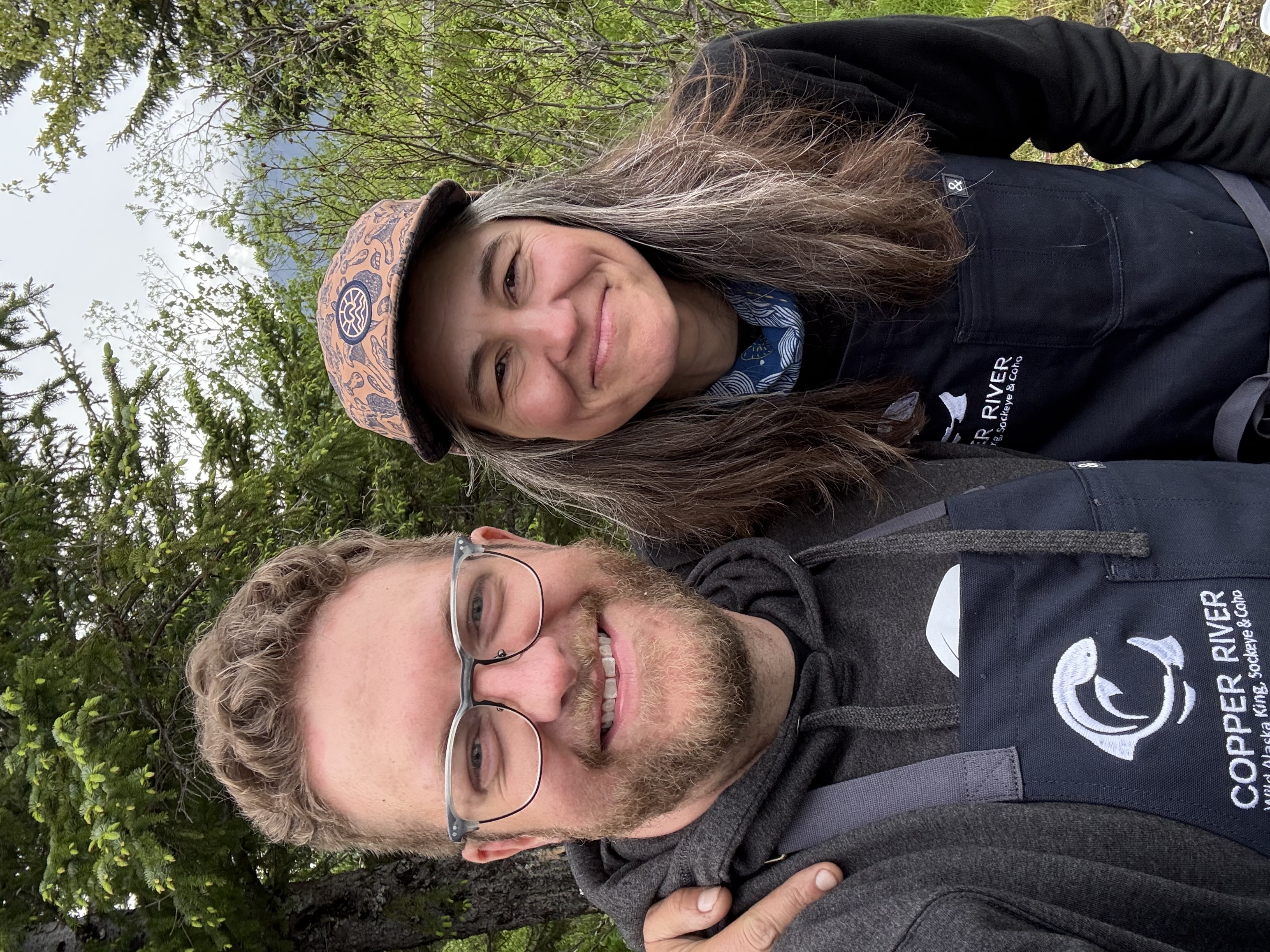
JJ: How has your trip to Cordova and to our fishery deepened your understanding of wild salmon?
Dana: There are so many parts in the production and fabrication of it that I didn't know. We don't think about it and it makes me a little bit ashamed because we really don't have to. Just the amount of human bodies working production and the efficiency is just unmatched in watching where food comes from.
JJ: How do you source your salmon and what factors do you consider when selecting a supplier?
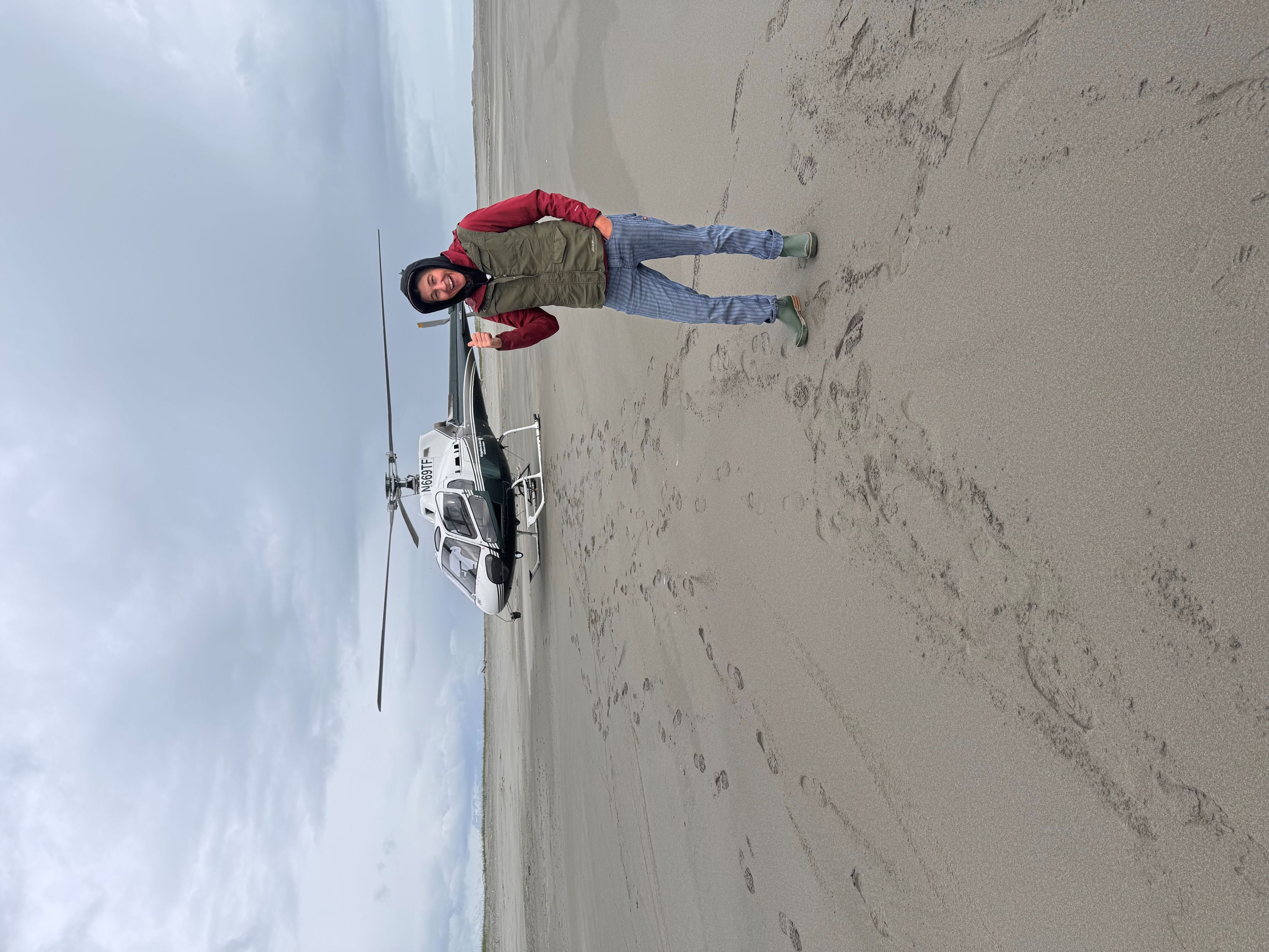
Dana: We pretty much go through Fortune Fish historically for everything and I was pretty attached to Verlasso out of Argentina. We had a rep. come in and talk to us and show us pictures and use fancy words about how and why their salmon is sustainable. They had stories about their families and communities and I'll always choose who is willing to take the time to tell me why it is special and why it matters.
JJ: Can you describe the importance of understanding the sustainability practices and origins in the food you prepare?
Dana: I've certainly gotten myself into trouble as a chef talking about things that I didn't fully understand, especially with cultural implications. Going to Cordova I was able to just have that knowledge of where the salmon came from. This is who is catching and producing it, and which waters it comes from. I mean, I'm terrible with geography, and it feels like a flex for me to be able to talk about Copper River and where the Prince William sound is. We all know that diners love to hear this stuff. They should always have this fascination and chefs are able to take that and translate it in a way that I never could have done before.
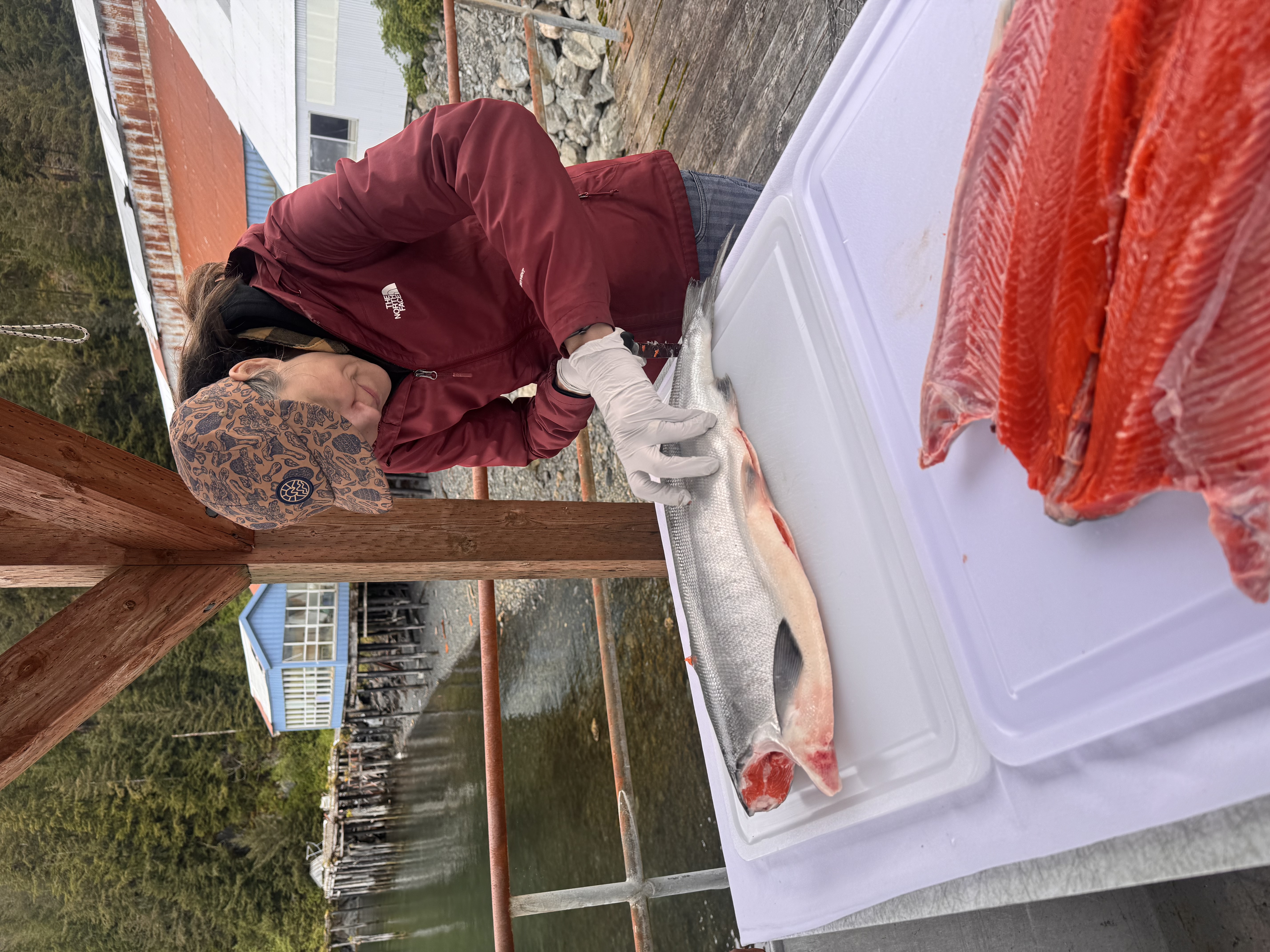
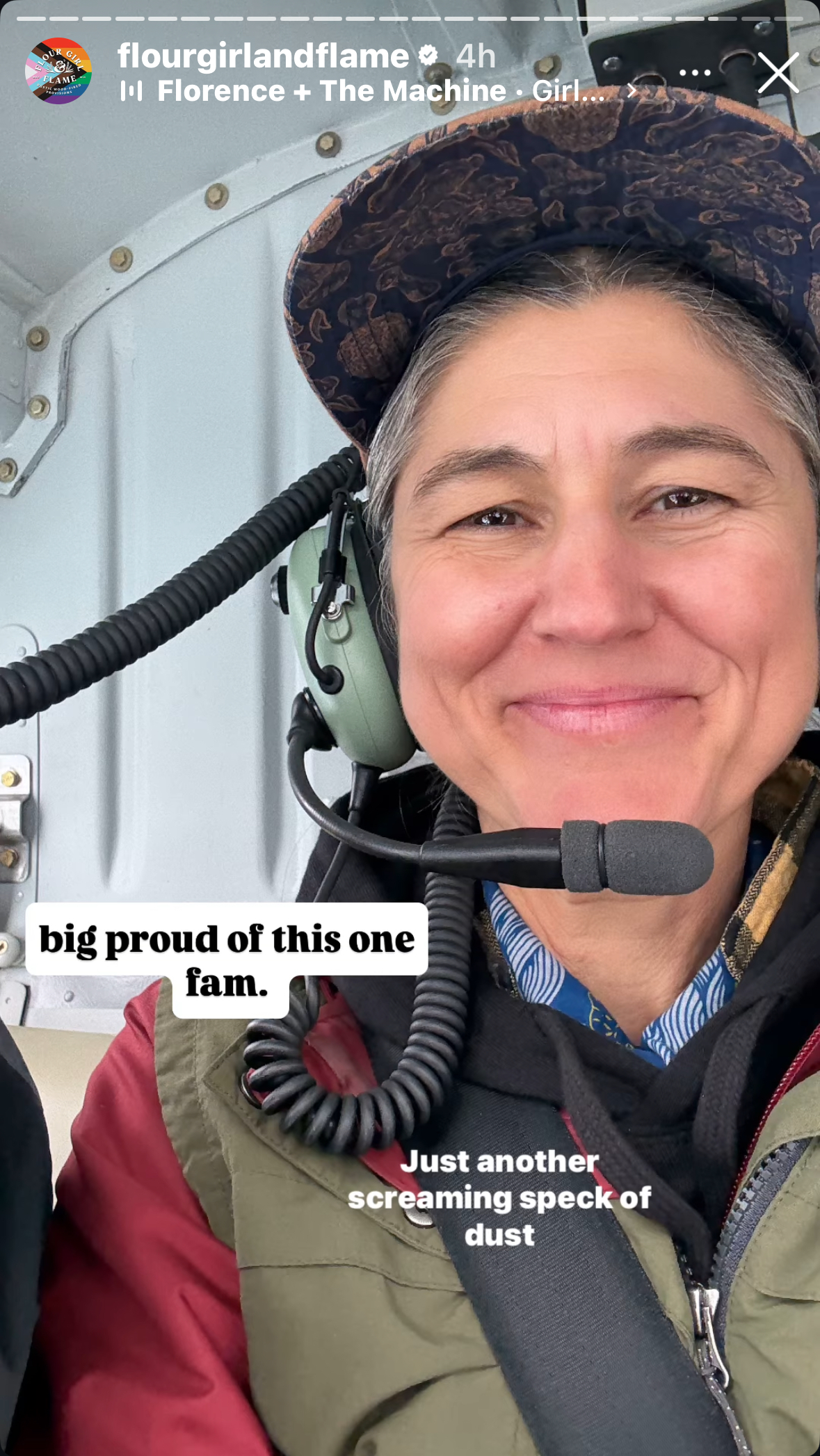
Check out Dana alongside the four other hand-selected chefs who joined us for this immersive experience:
‹ Back
